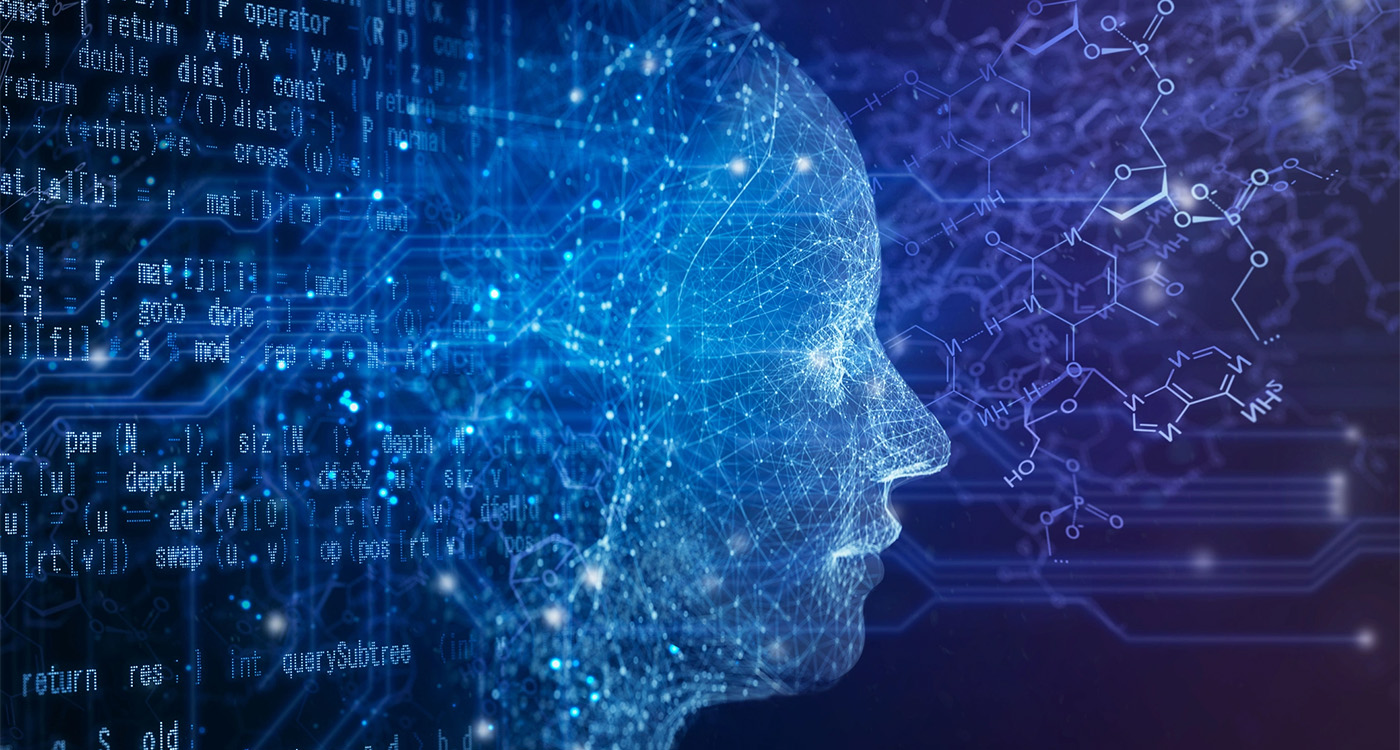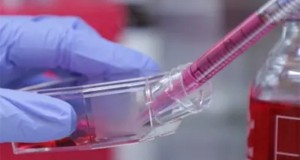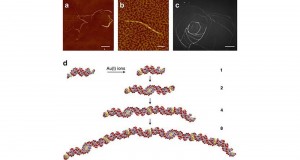AI + Antibody Opening up A Whole New Avenue for Antibody Drugs
AI and antibodies can work together to help detect and fight disease. AI can be used to identify patterns in large datasets that may indicate the presence of a disease. For example, AI can be used to analyze images of cells to detect abnormal features that may be indicative of a particular illness. Antibodies, meanwhile, can be used to detect the presence of a particular pathogen or virus within the body. By combining AI and antibody technology, it may be possible to detect the presence of a disease earlier and more accurately, allowing for more effective treatments and prevention.
AI in chemical biology
AI in chemical biology is being used to help scientists identify new molecules as potential drug targets, and to predict the structure and properties of organic molecules. AI is being used to analyze large datasets of chemical information, such as chemical structure, reaction pathways, and drug properties. AI can also be used to provide insights into the underlying mechanisms of complex chemical processes. AI can also inform drug design by helping to identify novel molecules with desired properties. Additionally, AI can be used to optimize existing drug molecules and to predict the efficacy of drug combinations.
AI in clinical trial design
AI-based technologies are now being used to optimize clinical trial designs. AI can be used to identify the best participants for clinical trials by accurately predicting their likelihood of responding to a particular treatment. AI can also be used to identify the most appropriate endpoint for a trial and to identify optimal trial sites and investigators. Additionally, AI can be used to automate the data collection process, allowing real-time analysis of the trial data. AI can also be used to monitor and analyze trends in safety data and to identify potential safety issues as they arise.









